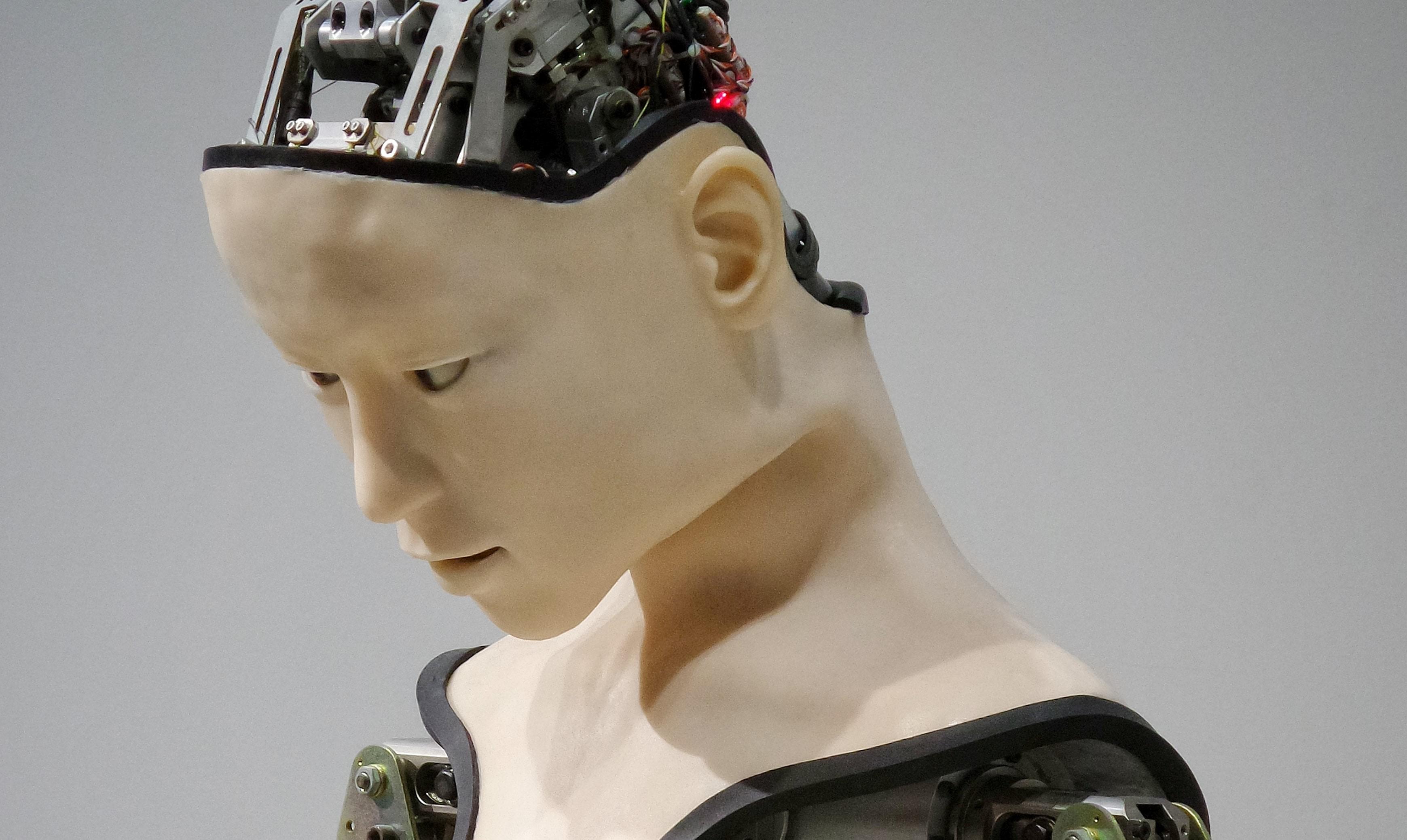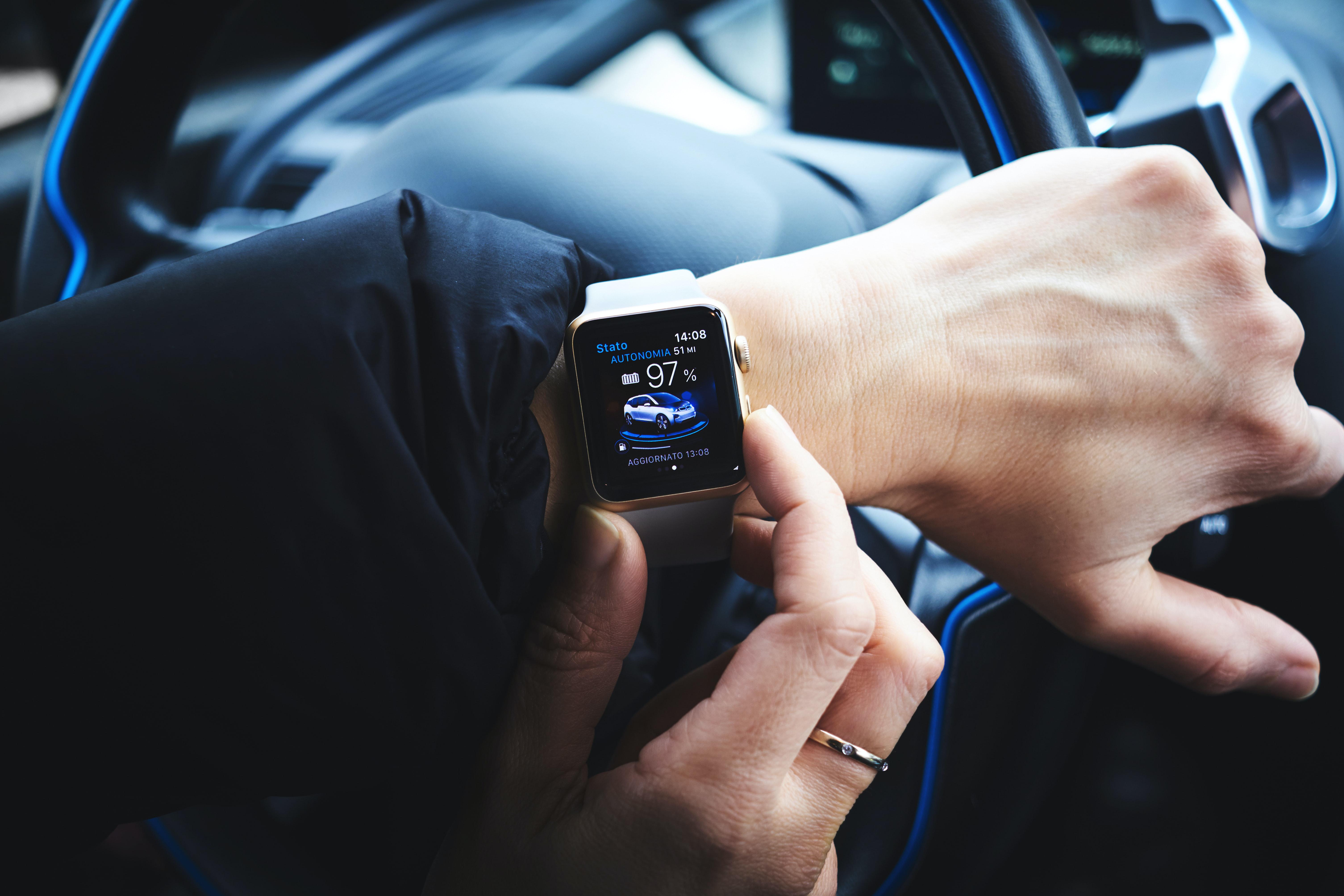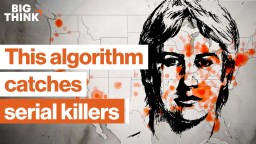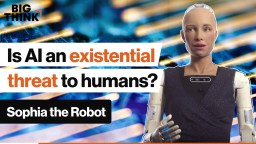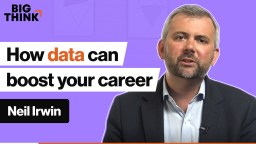data
Reality is more distorted than we think.
▸
with
Is there actually anything deserving of the term AI?
Cars are no longer just a way to get from A to B.
The evidence for a link between time spent using technology and mental health is fatally flawed.
A new study calls the technique “location spoofing.”
Can spacekime help us make headway on some of the most pernicious inconsistencies in physics?
Light-emitting tattoos could indicate dehydration in athletes or health conditions in hospital patients.
Do they really need the human touch?
From making their own swabs to staying in constant communication across the board, Northwell Health dove headfirst into uncharted waters to take on the virus and save lives.
▸
8 min
—
with
In the future, you might voluntarily share your social media data with your psychiatrist to inform a more accurate diagnosis.
Can computers do calculations in multiple universes? Scientists are working on it. Step into the world of quantum computing.
▸
12 min
—
with
Northwell Health is using insights from website traffic to forecast COVID-19 hospitalizations two weeks in the future.
There are five different RAID levels available. Which one is right for you?
Can we ever make energy efficient AI?
Gun violence is a public health crisis that is notoriously difficult to study because of politics. Finally, a new research initiative has the green light to collect life-saving data.
This week, Big Think is partnering with Freethink to bring you amazing stories of the people and technologies that are shaping our future.
▸
6 min
—
with
Opportunistic agility is running rampant among hackers and scammers.
A small proof-of-concept study shows smartphones could help detect drunkenness based on the way you walk.
Degoo’s secure backups are available at a great price.
Here’s how the world’s technology conversations are changing.
Start by reading the title, looking at the labels and checking the caption. If these are not available – be very wary.
We’re safeguarding the world’s seeds in the Arctic, why not our most precious data?
Many of the most popular apps are about self-improvement.
Mathematicians studied 100 billion tweets to help computer algorithms better understand our colloquial digital communication.
Should humans fear artificial intelligence or welcome it into our lives?
▸
3 min
—
with
How can we track the spread of COVID-19 where testing is not widely available? How can global health be improved by innovation and cooperation? Over the last few years, Kinsa […]
▸
with
Land nearly 50 hours of expert Excel training for under $40.
A new web startup is selling algorithmically produced nudes of non-existent women. There’s still some ethical concerns.
We encode our biases into everything we create: books, poems, and AI. What does that means for an increasingly automated future?
▸
4 min
—
with
Striking a better work-life balance comes down to the numbers.
▸
4 min
—
with

